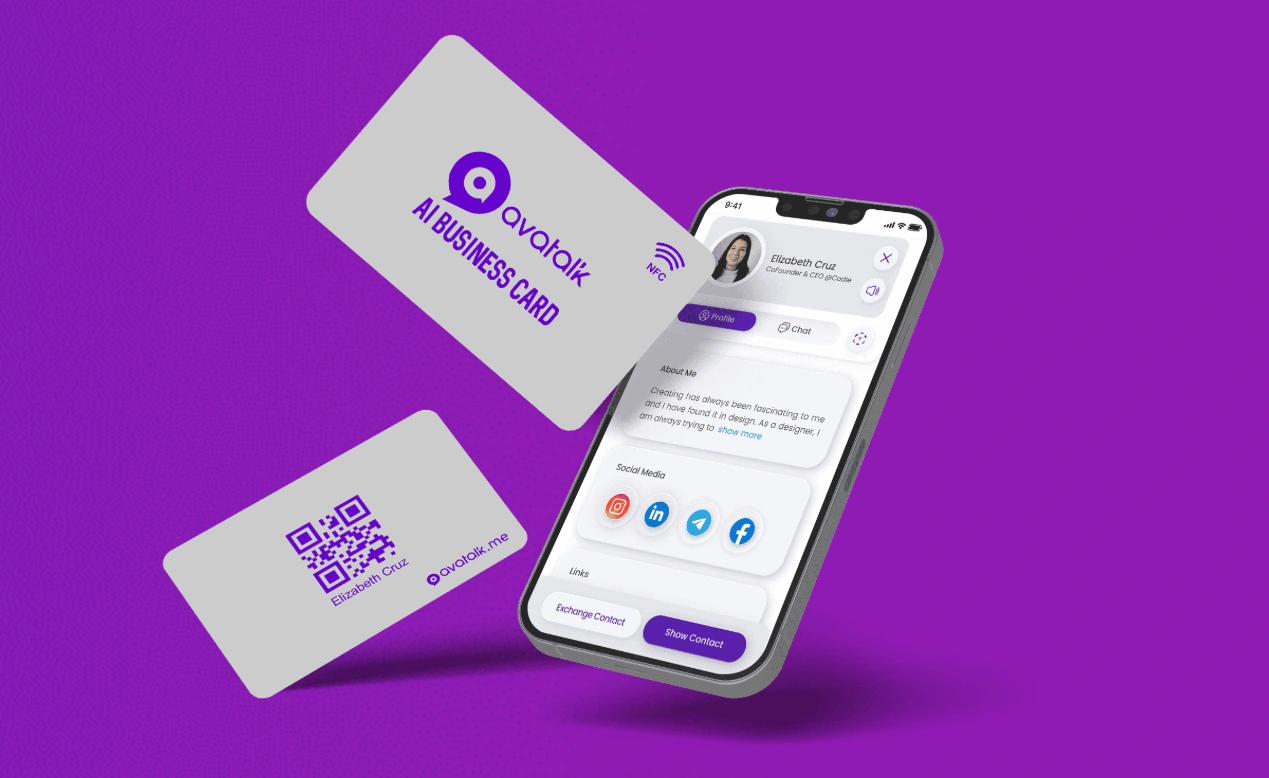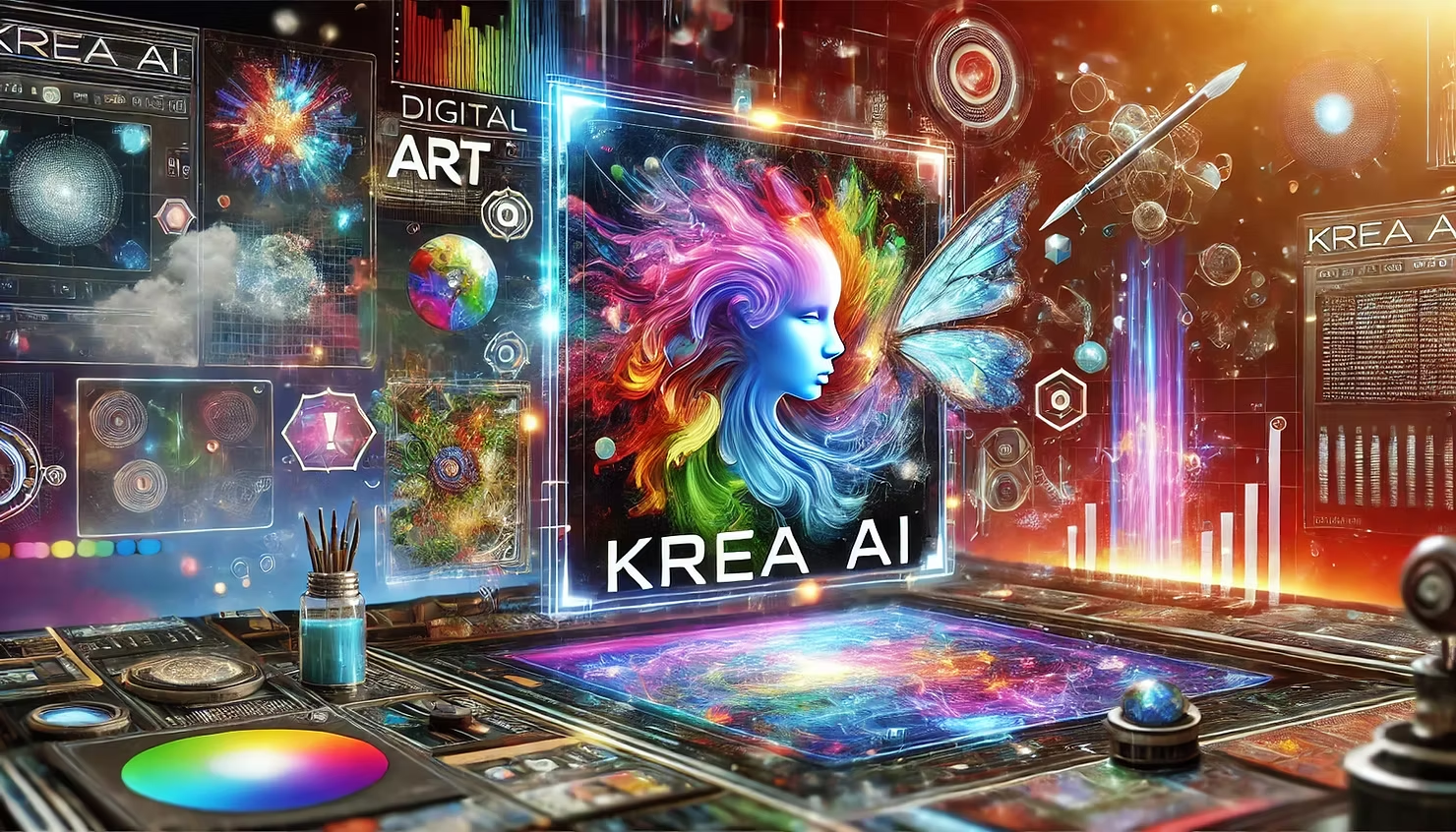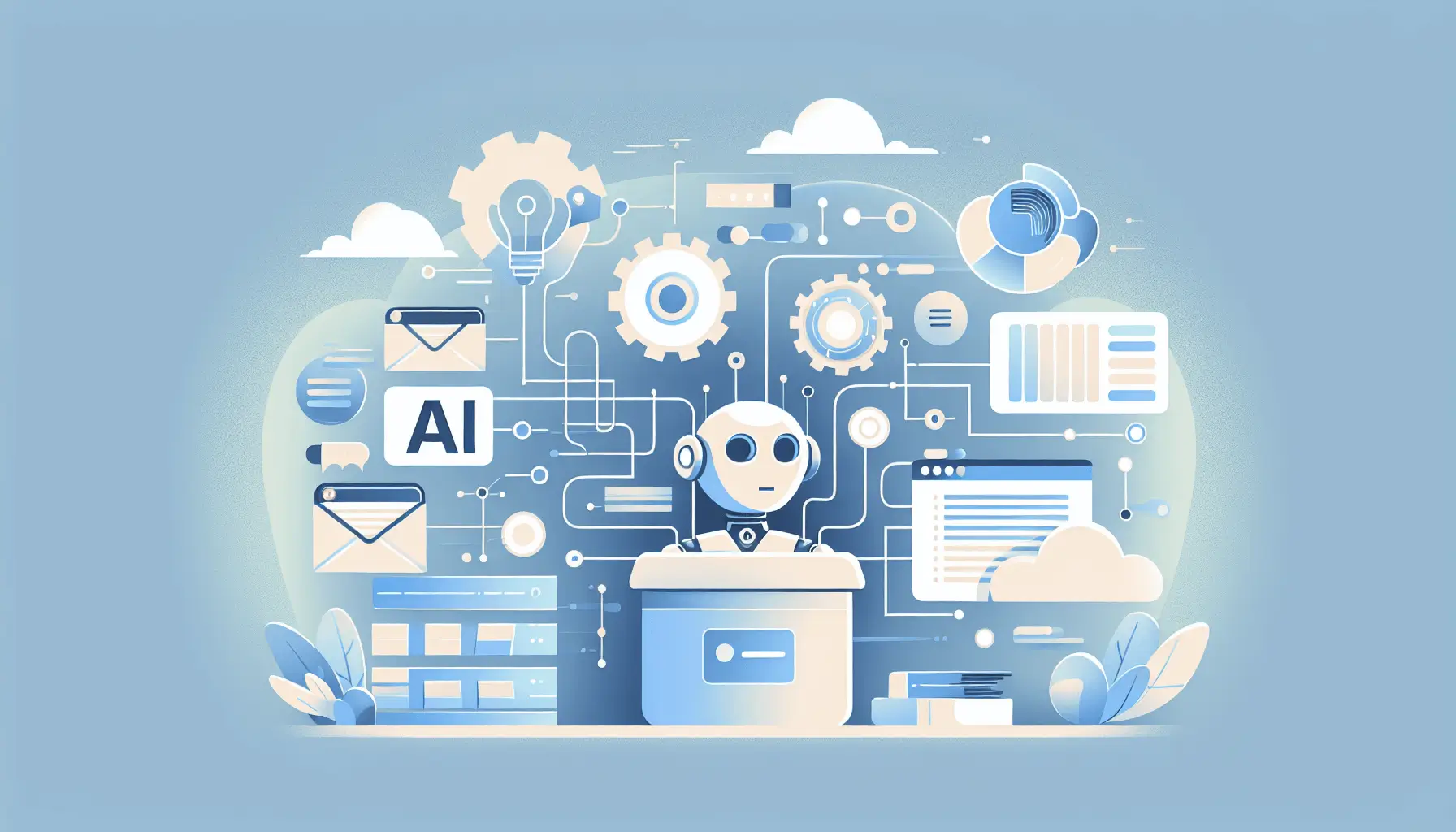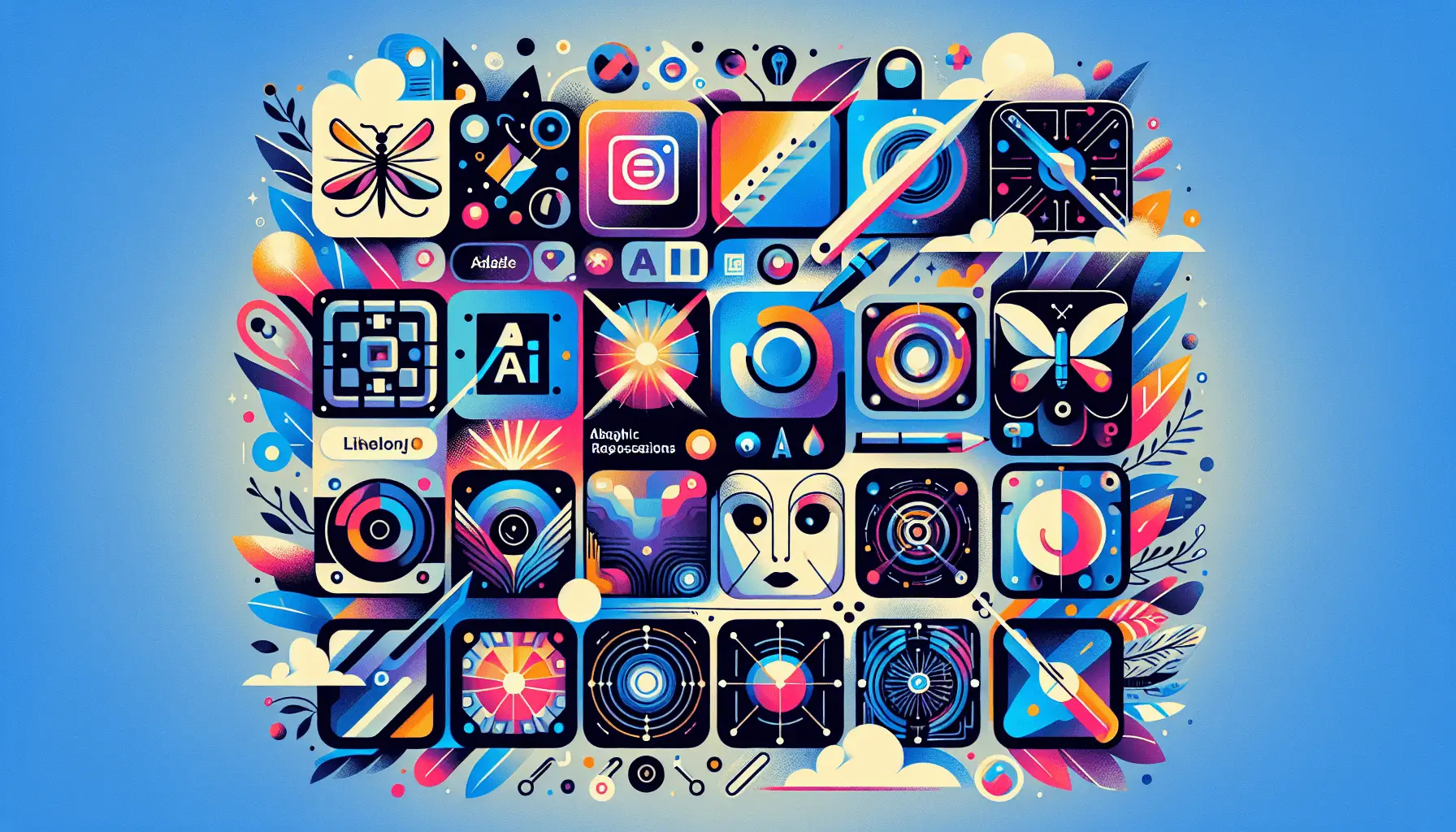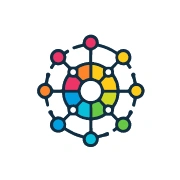Windsurf Unveils AI Models to Revolutionize Vibe Coding
Hey fellow developers and AI enthusiasts! Have you ever found yourself daydreaming about a world where coding feels less like typing endless lines of code and more like having a casual chat with your computer? Well, pinch yourself because Windsurf is turning that dream into reality with their latest AI models designed to revolutionize vibe coding.
What is Vibe Coding?
Before we dive into Windsurf’s groundbreaking announcement, let’s talk about vibe coding. Coined by Andrej Karpathy in February 2025, vibe coding is an approach where you describe a problem in natural language, and an AI model generates the corresponding code. It’s like having a conversation with your computer, where you say, “Hey, I need a function that sorts an array,” and voilà, the code appears. This method shifts the programmer’s role from manual coding to guiding, testing, and refining AI-generated code. ([en.wikipedia.org](https://en.wikipedia.org/wiki/Vibe_coding?utm_source=openai))
Windsurf’s AI Models: A Game-Changer
Windsurf, formerly known as Codeium, has been making waves in the AI-assisted coding world. Their latest AI models are tailored specifically for vibe coding, aiming to make the process more intuitive and efficient. These models are trained to understand natural language prompts and generate accurate, context-aware code snippets. Imagine telling your IDE, “Create a RESTful API endpoint for user authentication,” and watching it materialize before your eyes. ([forbes.com](https://www.forbes.com/sites/richardnieva/2024/11/13/codeium-windsurf/?utm_source=openai))
Key Features of Windsurf’s AI Models
- Contextual Understanding: The AI models grasp the context of your project, ensuring that the generated code aligns with your existing codebase and follows best practices.
- Multi-File Support: Working on complex projects? No problem. Windsurf’s AI can handle multi-file edits, maintaining consistency across your entire codebase.
- Real-Time Collaboration: Collaborate with your team seamlessly. The AI models support real-time collaboration, allowing multiple developers to work on the same project simultaneously.
- Voice Integration: Feeling lazy? Just speak your code into existence. Windsurf integrates with voice AI tools like Wispr Flow, enabling hands-free coding. ([wisprflow.ai](https://wisprflow.ai/vibe-coding/windsurf?utm_source=openai))
Is This the End of Traditional Coding?
Now, you might be wondering, “Does this mean I can ditch my keyboard and let AI do all the work?” Not so fast. While vibe coding and tools like Windsurf’s AI models are incredibly powerful, they don’t replace the need for a solid understanding of programming concepts. Think of them as supercharged assistants that handle the grunt work, allowing you to focus on higher-level problem-solving and design.
Potential Pitfalls
Of course, no technology is without its challenges. Relying heavily on AI-generated code can lead to issues if developers don’t fully understand the code they’re deploying. There’s also the risk of introducing subtle bugs or security vulnerabilities that might go unnoticed. It’s crucial to review and test AI-generated code thoroughly. ([en.wikipedia.org](https://en.wikipedia.org/wiki/Vibe_coding?utm_source=openai))
Final Thoughts
Windsurf’s new AI models are a significant step forward in the evolution of vibe coding. They promise to make coding more accessible and efficient, especially for those who might not have years of programming experience. However, like any tool, they should be used wisely and in conjunction with a solid understanding of coding principles.
So, what do you think? Are you ready to embrace vibe coding and let AI handle the heavy lifting? Or do you prefer the traditional hands-on approach to coding? Let’s discuss!

